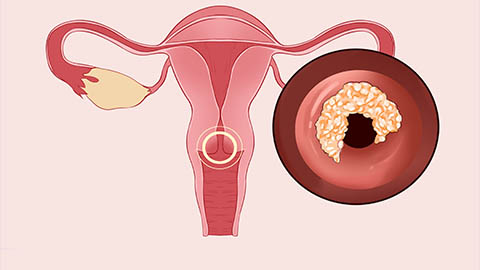Can minimally invasive cancer be treated without removing the uterus?
In general, whether the uterus can be preserved in cases of microinvasive cancer depends on a comprehensive evaluation of factors such as cancer type, stage, patient's age, fertility desires, lesion location, and size. The specific analysis is as follows:

If the microinvasive cancer is an early-stage endometrial or cervical cancer, with localized and small lesions, and the patient is relatively young and wishes to preserve fertility, the uterus may be preserved after assessment confirming no risk of cancer cell spread. Treatment options may include local excision of the lesion followed by close monitoring. Regular follow-up examinations can ensure disease stability without the need for hysterectomy.
However, if the microinvasive cancer involves a larger area, or if the patient is older and has no desire for future pregnancy, especially when there is a risk of cancer cell dissemination, preserving the uterus is not recommended. In such cases, surgical removal of the uterus is advised to reduce the risk of recurrence and protect overall health, along with additional treatments to control disease progression.
In daily life, maintain external genital hygiene by washing with warm water and avoid unclean contact to prevent infection. Maintain regular作息 (sleep patterns), avoid excessive fatigue, and keep emotions stable to reduce anxiety and stress. Eat a balanced diet rich in nutrients, especially fresh fruits and vegetables, to enhance immune function. Strictly adhere to medical advice for regular follow-up visits to monitor disease changes promptly, allowing timely adjustments to care and treatment plans.





